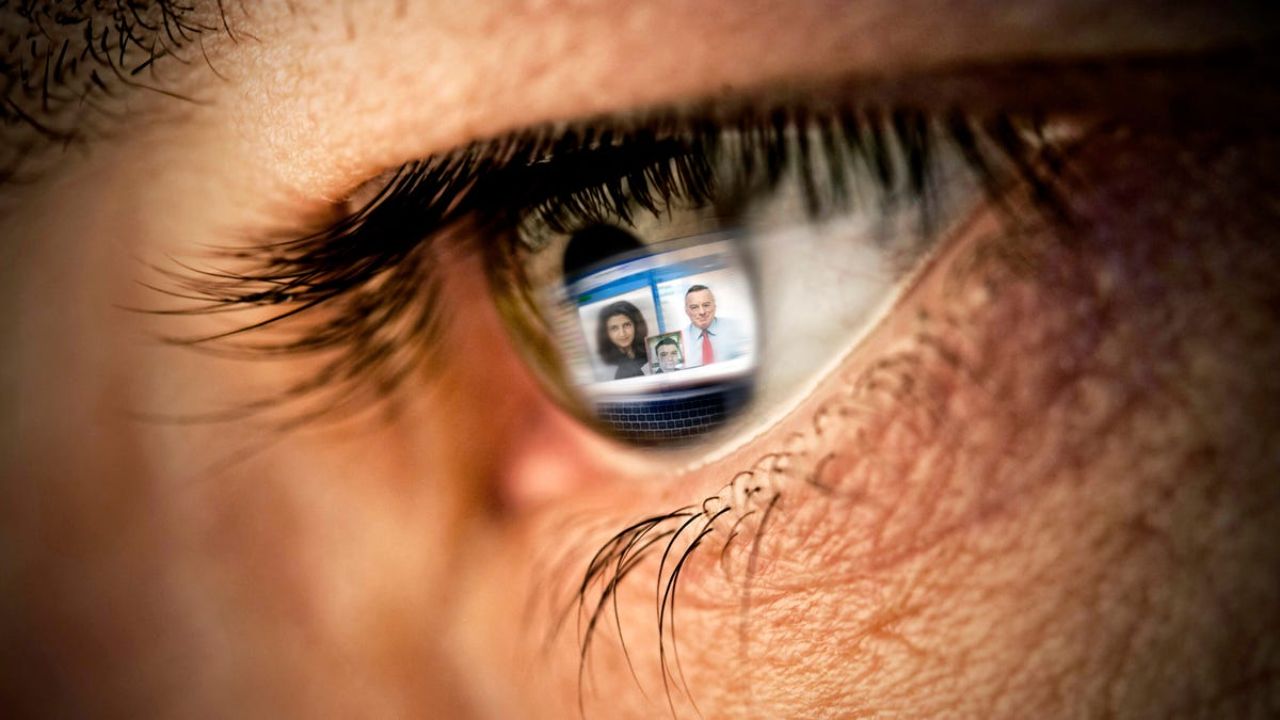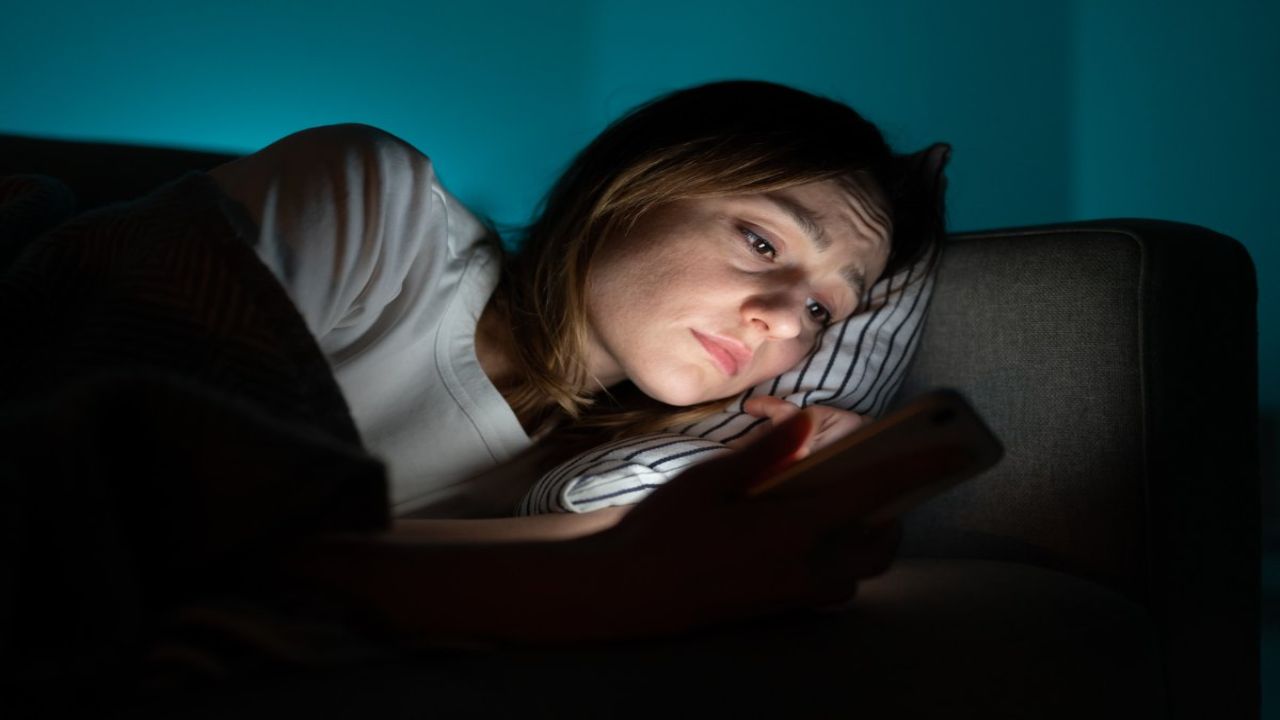In today’s interconnected world, it’s hard to imagine life without the internet. The internet has become an integral part of our daily lives, especially with opportunities provided by companies like https://telesim.com/. However, with this convenience comes the question: does our internet usage affect our health? Let’s explore this topic further to understand the potential impacts.
Screen Time and Eye Strain

One of the most immediate effects of excessive internet usage is eye strain. Whether you’re scrolling through social media feeds or binge-watching your favorite series, prolonged screen time can lead to eye discomfort and fatigue. The blue light emitted by screens can disrupt our sleep patterns and cause digital eye strain. To mitigate this, experts recommend taking regular breaks, adjusting screen brightness, and using blue light filters.
Cyberbullying and Online Harassment

Another significant factor to consider regarding the impact of internet usage on health is cyberbullying and online harassment. With the anonymity afforded by the internet, individuals may feel emboldened to engage in harmful behavior towards others, whether through derogatory comments, spreading rumors, or sharing inappropriate content. Victims of cyberbullying often experience heightened levels of stress, anxiety, and depression, leading to negative effects on their mental health and overall well-being.
Impact on Mental Health
While the internet offers countless opportunities for connection and entertainment, it can also have detrimental effects on mental health. Excessive use of social media platforms, for example, has been linked to increased feelings of loneliness, anxiety, and depression. Moreover, constant exposure to curated online personas can lead to unrealistic comparisons and feelings of inadequacy. It’s essential to prioritize real-life interactions and seek support when needed to maintain mental well-being.
Sleep Disruption

The convenience of the internet can sometimes disrupt our sleep patterns. Whether it’s checking emails before bedtime or scrolling through news updates, exposing ourselves to screens late at night can interfere with our ability to fall asleep and get quality rest. Establishing a digital curfew and creating a relaxing bedtime routine can help improve sleep hygiene and ensure a restful night’s sleep.
Information Overload and Stress
We have access to a wealth of information at our fingertips. While this can be empowering, it can also be overwhelming. Constantly being bombarded with news updates, notifications, and emails can lead to information overload and increased stress levels. Learning to manage digital distractions, setting boundaries, and practicing mindfulness can help reduce stress and promote a healthier relationship with technology.
Finding Balance
While the internet has undoubtedly revolutionized the way we live, it’s essential to strike a balance between online and offline activities to maintain our health and well-being. Being mindful of our internet usage, setting boundaries, and prioritizing self-care are key steps in mitigating the potential negative impacts on our health. By finding a healthy balance, we can harness the benefits of the internet while safeguarding our physical and mental well-being.
